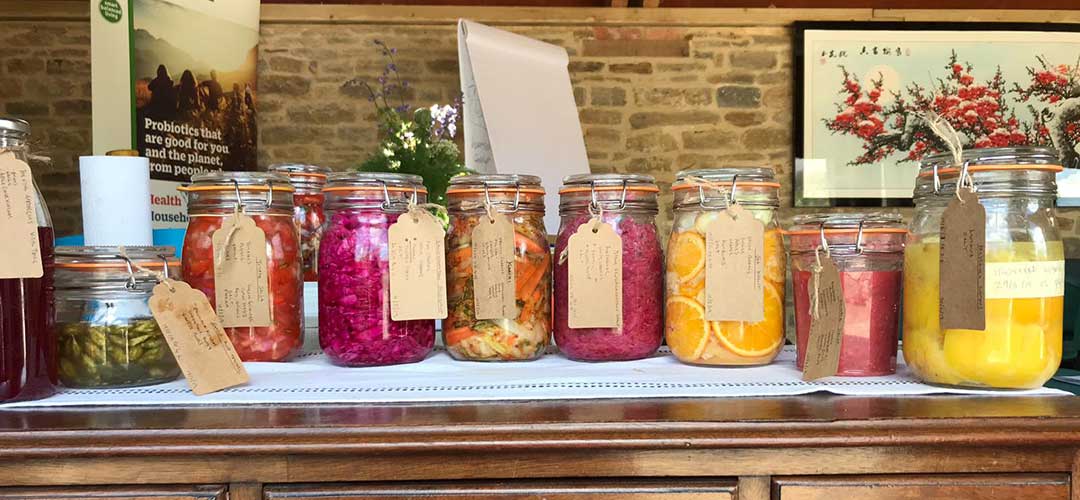It's World Environment Day! Today we're celebrating all things environment. It does, after all, sustain us. Every year this day focuses on different themes to bring attention to environmental concerns.
This year the theme is air pollution, a global crisis. Right now 9 out of 10 people globally breathe air containing high levels of pollutants. Alarmingly, new research has found that air pollution may damage every organ in the body, contributing to dementia, heart and lung disease, fertility problems and reduced intelligence.
Each of us can consider how we can change our everyday lives to reduce the amount of pollution we produce and consume less of the things that are responsible for pollution. The first step is to understand the different types and how they effect our environment and health.
Air pollution Air pollution happens when air becomes contaminated by smoke particles, harmful gasses and dust particles which are harmful to humans, animals and the planet. It is caused by burning fossil fuels - like coal, gas or oil - exhaust fumes from vehicles (road, rail, air and sea) and the harmful emissions from plastic production.
Land pollution Land pollution is the deterioration of the earth's land surfaces. This is usually caused by the improper disposal of waste, deforestation, illegal dumping of waste, over use of pesticides and other agriculture chemicals, and urbanisation and construction.
Beach pollution There is an alarming amount of waste on our beaches: plastic bags, nets, timber, cigarette butts and drink and food waste. Plastic waste has a big impact on beach pollution and has increased by 140% since 1994. All this waste harms sea life and affects the marine environment. Unless action is taken, by 2050 plastic in the ocean will outweigh fish.
Plastic pollution Hard and soft non-biodegradable plastic takes a very long time to decompose. For example, plastic bottles are commonly made from polyethylene terephthalate, which takes around 400 years to decompose. Toxins from the plastic filter through to soil and harm its health and composition. Animals can also ingest it, with sometimes fatal consequences. When plastic is produced it is made from toxic materials such as benzene, vinyl hydrochloride and phthalates. Plastic is oil based and - like fossil fuel - releases air pollution when it's burned. The life cycle of plastic contributes greatly to air pollution, both indoor and out. Reducing our plastic consumption can and will help to protect the air that we breathe.
What we're doing Together we can help reduce our plastic waste and beat air pollution. At Microbz we've been thinking about what we can do. Today we're ditching more plastic. We will no longer automatically send you a spray bottle when you buy from our cleaner range. We hope to encourage the reuse of spray bottles. If you do need a new one, you can choose this option when you buy. We will also no longer be automatically sending plastic pumps with our 5 litre + pet and horse products. If you want a pump you can choose that option when you make your purchase.
By reducing the plastic we send out we can also save money. As a result, we have been able to reduce the prices on the cleaning and animal ranges. This is a small contribution to better our planet and give you the power to lessen the demand. We are committed to reducing our plastic consumption, reusing plastic whenever we can and recycling. All our plastic bottles are recyclable, so please put them in your green bins. Happy World Environment Day!



